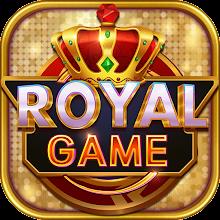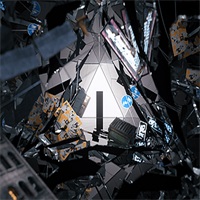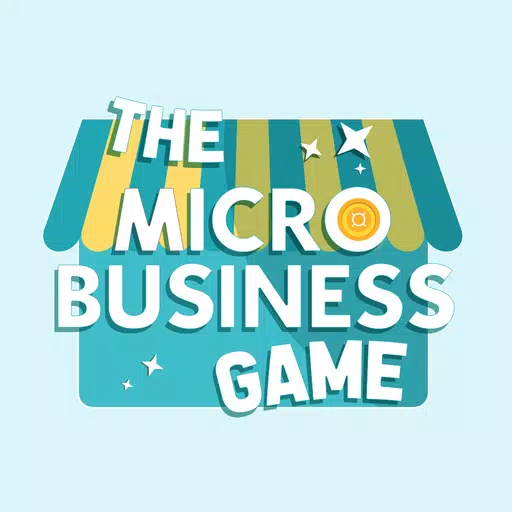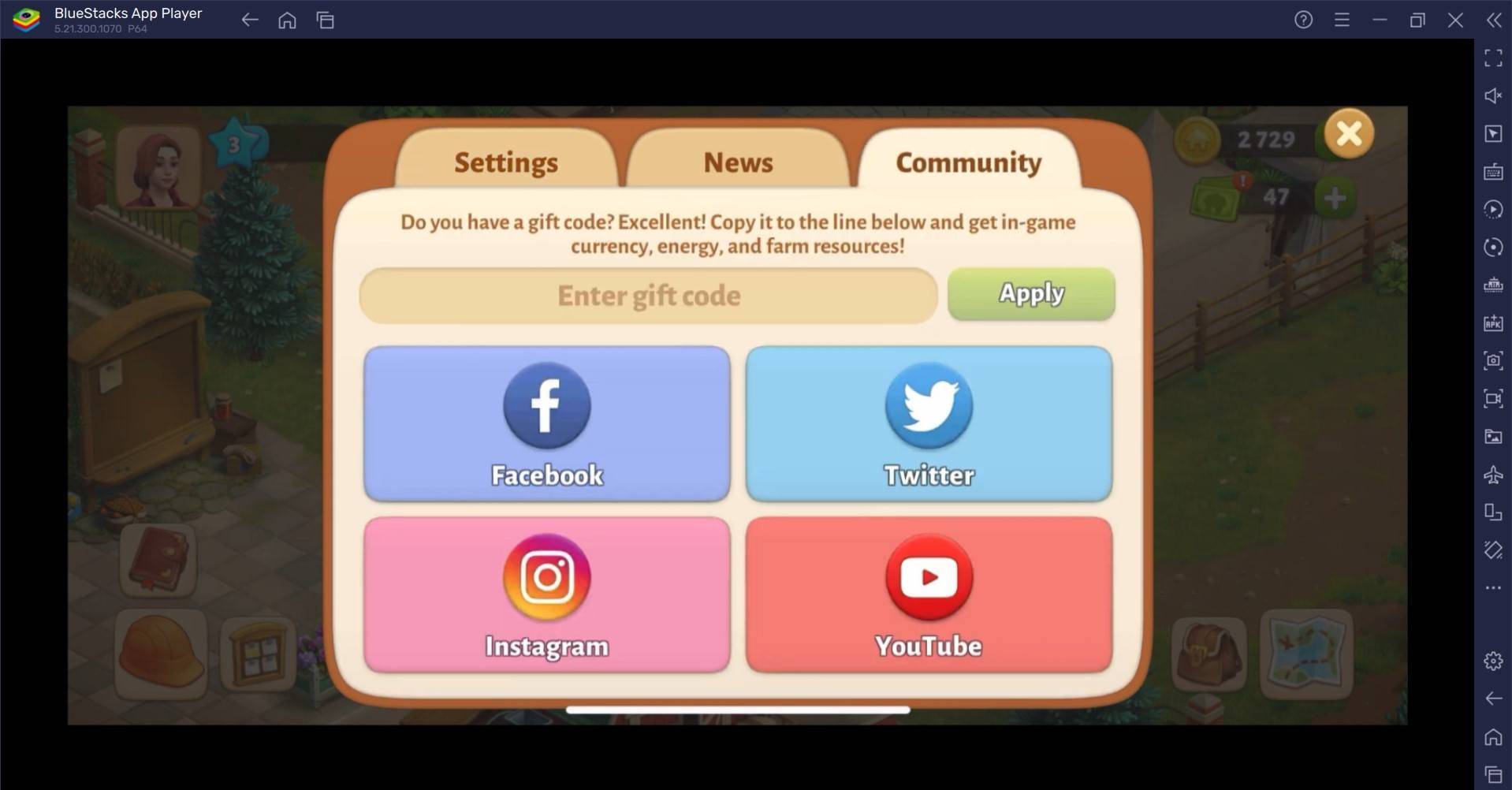Roblox Cheaters Targeted with Malware Disguised as Cheat Scripts
Cybercriminals are exploiting gamers' desire for an advantage in online games like Roblox, deploying malware disguised as cheat scripts. This campaign leverages the Lua scripting language, popular in many games, including Roblox, World of Warcraft, and Angry Birds.
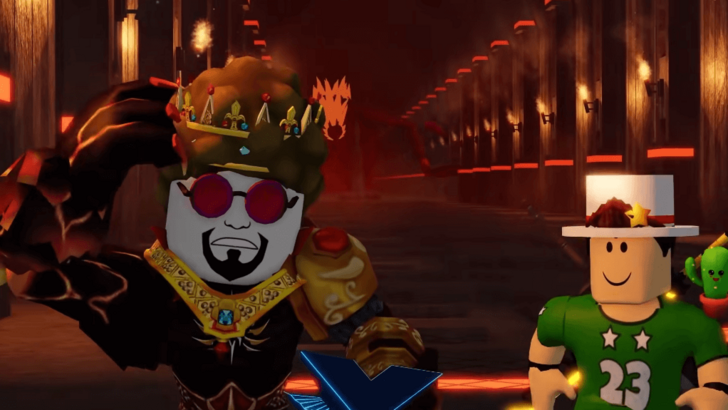
The attackers utilize "SEO poisoning" to make their malicious websites appear legitimate in search results. These sites offer fraudulent cheat scripts, often mimicking popular tools like Solara and Electron, enticing users with false advertisements.

The simplicity of Lua, often described as easy enough for children to learn, contributes to the malware's effectiveness. Once executed, the malicious script connects to a command-and-control server, potentially enabling data theft, keylogging, and complete system compromise.

Roblox's user-generated content feature, where players create games using Lua, exacerbates the vulnerability. Malicious scripts are embedded within seemingly harmless third-party tools and packages, such as the Luna Grabber malware disguised within the "noblox.js-vps" package (downloaded 585 times before detection).

While some may view this as karmic retribution for cheaters, the risks are significant. The allure of cheating shouldn't outweigh the potential for data breaches and system compromise. Practicing good digital hygiene is crucial to mitigate these risks.

This highlights the importance of caution when downloading and using third-party tools and scripts for online games. Always verify the source's legitimacy before execution.
-
New details have emerged about the long-rumored remake of The Elder Scrolls IV: Oblivion, with leaked screenshots and images showcasing significant visual upgrades in The Elder Scrolls IV: Oblivion Remastered. Leaked Images Surface From DeveloAuthor : Hannah Nov 26,2025
-
Renowned director Joe Dante, celebrated for classics like Gremlins and its sequel, also helmed the 1998 cult favorite Small Soldiers. This nostalgic gem is now receiving a premium 4K upgrade with an exclusive steelbook edition. For collectors seekingAuthor : Sebastian Nov 25,2025
- WWE Superstars Join Call of Duty Warzone: Mobile Roster
- Monster Hunter Now Adds New Monsters for 2025 Spring Fest
- Midnight Girl is a minimalist point-and-click adventure set in Paris in the 60s, now open for pre-orders on mobile
- Mobile Legends: Bang Bang – Best Lukas Build
- "Grand Outlaws Unleashes Chaos and Crime on Android Soft Launch"
- "Fallout Season 2 Premieres in December 2025, Season 3 Confirmed"







